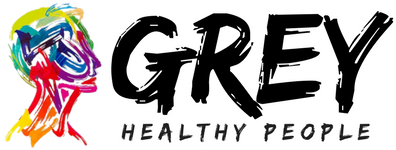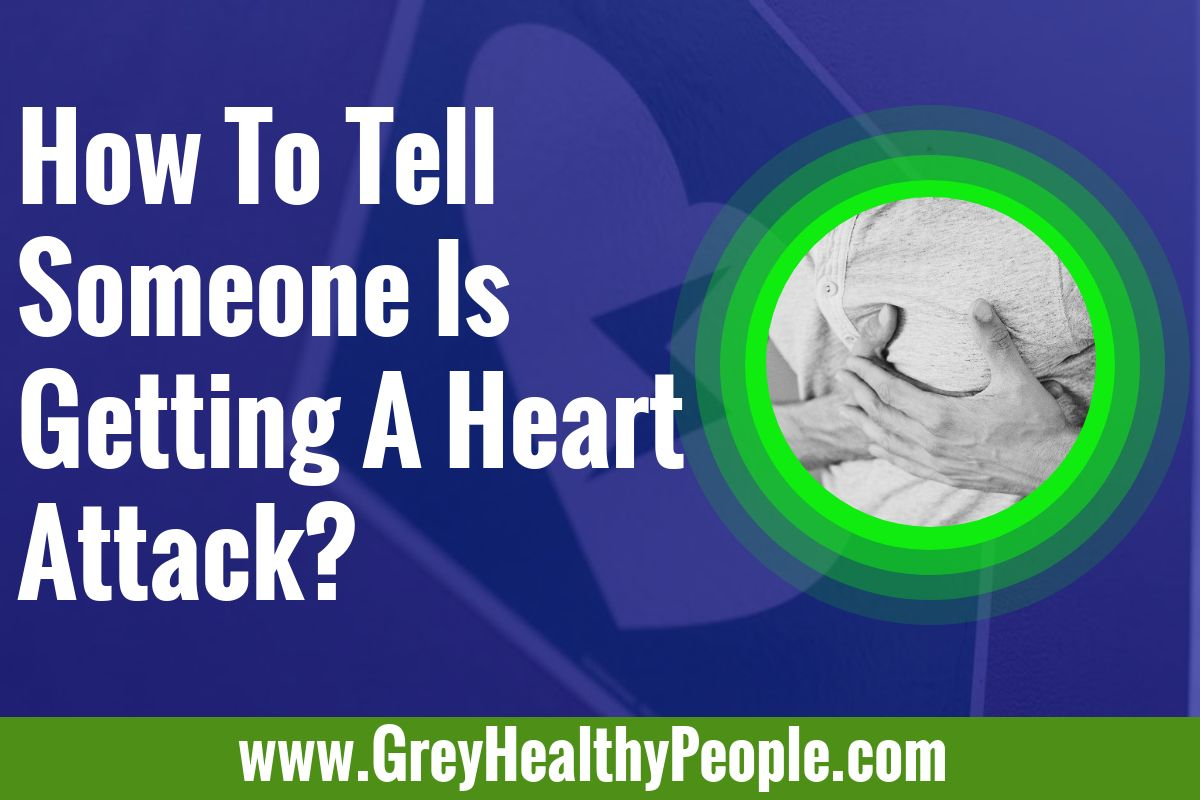A heart attack is a serious condition that might cause loss of life if the person doesn’t get appropriate care. The most common way to tell someone is having a heart attack is chest clutching. This has the potential to cause cardiac arrest. However, the sign of a pending heart attack can be on other body parts related to the heart. The people who are more prone to heart attacks include diabetic, overweight, high blood pressure, and those having high cholesterol.
Telltale signs that someone is having a heart attack:
Upset stomach, indigestion, and nausea
Complaining of feeling sick in the stomach for some time with periodic heartburns is a sign that the person is getting a heart attack. The best thing to do is to take the person to see a doctor. Other signs might include vomiting, belching, and regular discomfort in the stomach. These signs are not very common and are more pronounced in women. Other people might get stabbing pain in the middle or upper abdomen a few minutes before an attack. This might not give others a chance to recognize that the person is getting a chronic ailment.
Dizziness
Another disturbing sign to tell that someone is getting a heart attack is complaints about feeling lighthearted and dizzy. This results from dropped blood supply to the brain. It is very difficult to tell that the heart is functioning abnormally and can’t pump blood appropriately. This results from the narrowing of valves and a temporary blood pressure drop. The person is likely to complain about feeling dizzy or uneasy about standing up very fast. Never hesitate to take the person to see a cardiologist.
Unexplainable weakness
People who get tired easily after simple chores are at risk of a heart attack. It is also the same case for those whose body gives up on activities they enjoy doing. Purchasing Brilinta cost in Canada is a wonderful solution to take with aspirin for relief before taking the person to see a cardiologist. This is also recommended for people facing difficulty handling regular tasks including walking, climbing stairs, and carrying groceries. The increased fatigue results from the inability of muscles and tissues to function well. This is because of poor blood pumping ability by the heart.
Coughing white or pink mucus
Another sign of heart failure is when someone has a chronic cough that produces pink or white mucus. Coughing foamy mucus is a sign of the worsening condition of the heart. This condition usually happens during sudden heart failure with fluid buildup in the lungs. This makes breathing difficult, prolonged coughing, and fast breathing. Congestive heart attack requires taking the person to the hospital immediately to avoid loss of life.
Emergency assistance during a heart attack
After identifying the common signs of pending heart attacks, never hesitate to help the person get immediate medical attention. This might require giving the person some medication or taking them to see a cardiologist within 1 to 2 hours to limit the chances of losing a life. Advise the person to stick to regular checkups for diagnostic tests to determine the severity of the cardiovascular disease.
Common causes of heart attacks
Cigarette smoking is the commonest cause of heart attack. The use of cocaine encourages coronary artery spasms leading to a heart attack. Coronary heart disease involves a buildup of plaque in the coronary arteries. A fallen piece of plaque can end up in the heart or lung to cause a clot leading to blocking of blood flow. It increases the chances of getting a heart attack. Other possible causes of heart attacks include:
- Obesity
- Severe pain
- Extreme anxiety
- Hypothermia
- Uncontrolled diabetes
Post heart attack care
After getting medication ort leaving the hospital, encourage the person to embark on a personalized exercise program. This strengthens the heart while lowering the risk of another attack. It is very important for a person to avoid anxiety and depression. These have a chance of encouraging another heart attack by about 20 percent in people who just left the hospital.
Additionally, there is a 20 percent chance of getting a heart attack resulting from minor depression after a heart operation. Encourage the patient to avoid these for a successful recovery. Staying positive throughout the ordeal is mandatory to avoid weighing the heart down with negative thoughts. The person should also indulge in things that bring them joy to limit depression and stress.
In a nutshell
Understanding how to tell someone is getting a heart attack saves lives. It allows knowing when to give the person an appropriate medication or to take them to see a cardiologist. There are various signs to tell someone has a pending heart attack including feeling dizzy, tired after minor chores, and coughing pink mucus. It is necessary to understand when to give the person medicine or to seek emergency assistance.




